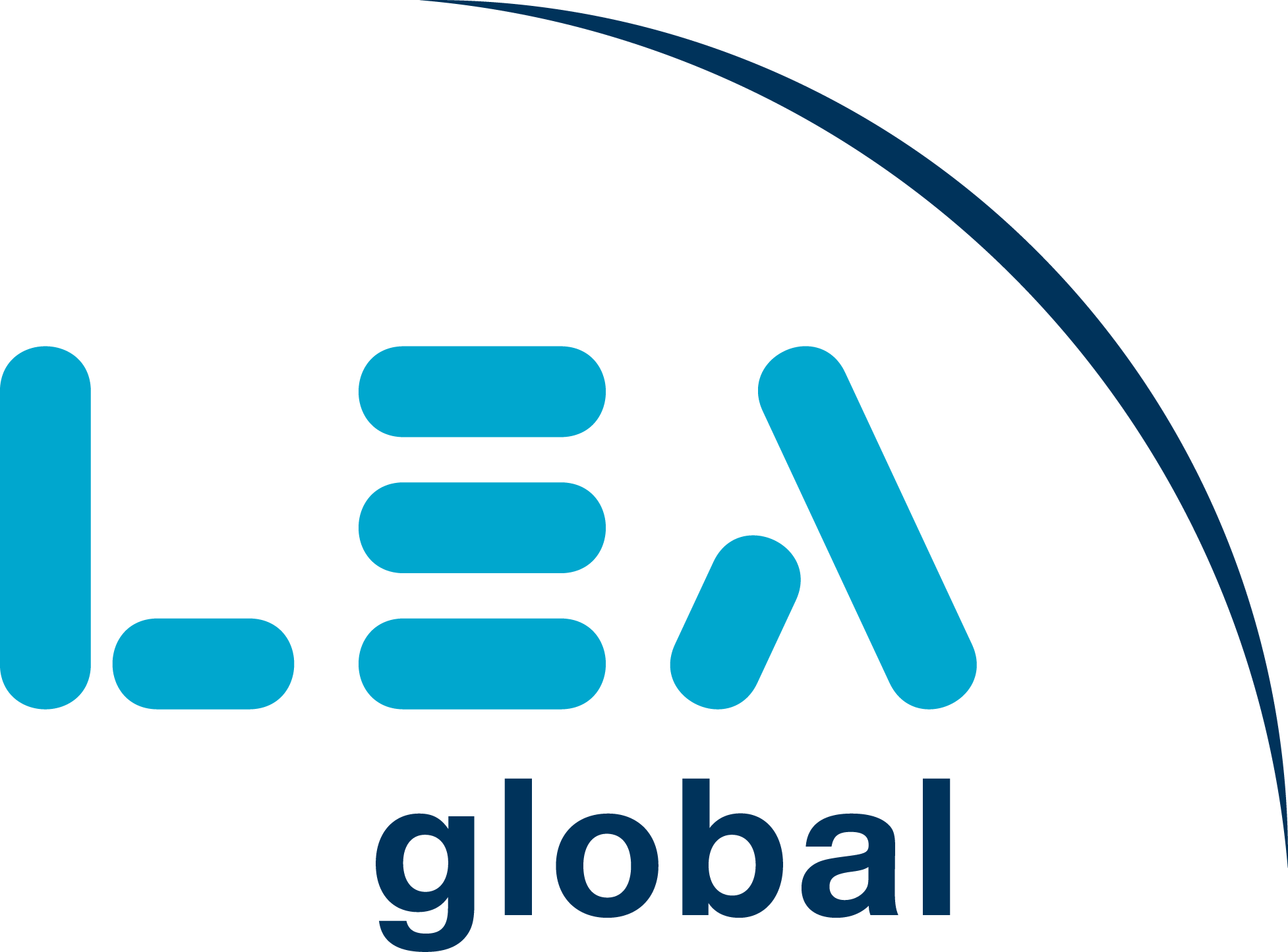India’s Business Environment Reforms Ongoing, Digital Governance Gets More Streamlined

Posted by India Briefing Written by Naina Bhardwaj
India has done a soft launch of a national single window system to benefit investors, besides ongoing reforms to simplify and streamline procedures to run or start a business. This includes striking down 22,000 compliances across the federal and state/union territory jurisdictions. Complementary to this has been efforts to ease pain points of digital governance, such as for securing driving licenses, teacher training and accessible online education material, authenticating hallmarked products, grievance redressal for MSMEs etc.
On September 22, 2021, the federal government launched the National Single Window System (NSWS) for investors and businesses, especially micro, small and medium enterprises (MSMEs). This single window portal is designed to be a one-stop-shop for investors, which will simplify tedious bureaucratic procedures for getting approvals, registrations, and clearances.
The portal is intended to usher in ease of doing business, transparency, and accountability by removing information asymmetries and bureaucratic hurdles and providing solutions at the click of a mouse to achieve “end-to-end facilitation.”
What is the National Single Window System?
The National Single Window System (NSWS) is a one-stop digital platform that will allow investors to apply for various approvals and licenses for commencing a business in the country.
The NSWS aims to streamline the business registration processes by eliminating the need for multiple applications across various portals or ‘bureaucratic windows’ offline.
By facilitating approvals online, the portal does away with the requirement of physical visits to government offices. All relevant information will be available on a single dashboard and an applicant dashboard will allow investors to apply, track, and respond to queries.
Currently, the platform hosts approvals across 18 central government departments and nine states. Another 14 central departments and five states will be added by December 2021.
Reporting by various business media quoted the federal Commerce and Industry Minister Piyush Goyal, saying, “It’s a soft launch. We will learn as we go along. This is a test phase. We didn’t rush into the finalization of the modules.”
What are the services offered by this system?
- Know Your Approval (KYA) Service: This feature generates a list of approvals that must be obtained before a business may begin operations. Under this service, investors are asked a series of questions about their scheduled business operations, and accordingly, requisite permissions are identified. The questionnaire, which is simple and user-friendly on the surface, employs complex algorithms to filter through hundreds of approvals, shortlisting only those relevant to the specific investor or entrepreneur.
- Common Registration Form: A unified information capturing system and a universal registration form has been introduced to ensure a single point of submission of information and documents across India’s Ministries and States. The information on this form is auto populated, eliminating the requirement of filling the same form again.
- State registration form: It allows investors to access the corresponding State Single Window System with a single click.
- Applicant dashboard: It provides a single online interface to apply, track, and respond to the queries pertaining to approvals and registrations across ministries and States.
- Document repository: It is an online centralized storage service for investors to enable one-time document submission and use the same across multiple approvals. This eliminates the need to submit documents at multiple portals.
- E-Communication module: It enables online response to queries and clarification requests related to applications by Ministries and States.
Reduction of 22,000 compliances: Ease of doing business reforms an ongoing effort
The digitization of the approvals process is also linked to India’s overall efforts to improve its business environment. According to the Department for Promotion of Industry and Internal Trade (DPIIT), the country has made redundant more than 22,000 compliances at the federal and state/union territory level. The aim is to simplify, decriminalize, and remove redundant laws.
Top-down bureaucratic exercise
All government ministries have been required to establish a dedicated team to examine the laws and regulations under their purview and find ways to reduce the compliance burden. DPIIT acts as the nodal department coordinating this exercise.
In recent years, about 103 offenses have been decriminalized and 327 redundant provisions and laws have been eliminated. 46 penal provisions of the Companies Act, 2013 and 12 offenses under the Limited Liability Partnership (LLP) Act, 2008 have been decriminalized.
Respective Indian state governments have introduced licensing reforms, implemented single window clearances for new investors, digitized a central random inspection system, initiated labor reforms, and formulated initiatives to support MSMEs and industrial development.
Focus areas of reforms to improve the business environment
1) Eliminate compliance burden across all procedures, rules, notifications, circulars, office memorandums, etc. which merely add to time and cost without achieving any tangible improvement in governance.
2) Repeal/amend/subsume redundant laws.
3) Decriminalize laws pertaining to technical and minor non-compliance issues to eliminate constant fear of being prosecuted for trivial defaults, while retaining strict criminal enforcement for serious fraudulent offenses that jeopardize and prejudice public interest.
Examples of recent reforms
Department of Telecommunications
- Distinction between domestic and international OSP (other service provider) removed, allowing Indian telecom service providers serving foreign counterparts to register as an OSP.
- Allowed sharing of EPABX (Electronic Private Automatic Branch Exchange) and PSTN (Public Switched Telephone Network) lines by domestic and international centers. This benefits outsourcing, business process management, and IT-enables services firms that provide voice-based services in India.
Department of Science and Technology
- Private, public entities, and research institutes now allowed to collect, process, store, publish, and share geospatial data and services, including maps enabling an Indian firm to offer world class geospatial service like Google maps.
- Liberalized access to geospatial data to facilitate stakeholders planning infrastructure projects, increase protection from natural calamities, and enable environment protection. It also reduces reliance on foreign resources and technology for geospatial mapping.
Department of Food and Public Distribution
- Migrant beneficiaries will be empowered to get their entitled quota of food grains from any electronic point of sale (e-PoS) enabled fair price shops across the country. ‘Mera Ration’ mobile app introduced to help users identify nearest fair price shop, check entitlement details and recent transactions. Ration cards made portable. Facility covers more than 750 million beneficiaries under National Food Security Act (NFSA), almost 94.3 percent of target population.
Ministry of Road Transport and Highways
- Single step online Aadhaar validation process introduced for 18 services associated with driving license (DL), Registration Certificate (RC), transfer of ownership, international driving permit, hire-purchase, etc., eliminating the need for citizens to visit the Road Transport Offices (RTO) leading to hassle free services.
- Registration Certificate now issued at dealer location itself. Vehicle registration can be done anywhere in the state (Maharashtra, Delhi, Uttar Pradesh, Haryana, Chhattisgarh, West Bengal) unlike the earlier process where it could only be done at respective RTOs.
Ministry of Education
Digital Infrastructure for Knowledge Sharing (DIKSHA) user interface developed to enable learners and teachers across the country to access curricula of NCERT, CBSE, and SCERTs online. 185,000 pieces of e-content uploaded on portal (~24 billion hits since lockdown) showcases its increased usage. Training of teachers enabled online on DIKSHA with about 2.5 million teachers benefiting.
Ministry of Micro, Small, and Medium Enterprises
- Samadhaan portal launched empowering MSMEs across the country to register and track grievances related to delayed payment and settlement of disputes.
- CHAMPIONS portal launched for speedy redressal of grievances of MSMEs. Over 37,000 grievances redressed (by August 2021) with a reply rate of more than 99 percent.
- Sampark portal launched to help connect job seekers (passed out trainees/ students of MSME Technology Centers) to recruiters. More than 473,000 job seekers and more than 6200 recruiters registered on the portal till date.
Department of Consumer Affairs
- BIS Care app launched to empower consumers to check the authenticity of ISI-marked and hallmarked products. Citizens can also lodge complaints against fraudulent products using the App.
About Us
India Briefing is produced by Dezan Shira & Associates. The firm assists foreign investors throughout Asia from offices across the world, including in Delhi and Mumbai. Readers may write to [email protected] for more support on doing business in in India.
We also maintain offices or have alliance partners assisting foreign investors in Indonesia, Singapore, Vietnam, Philippines, Malaysia, Thailand, Italy, Germany, and the United States, in addition to practices in Bangladesh and Russia.

